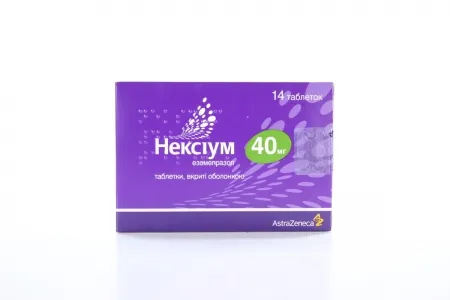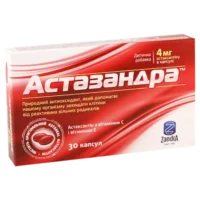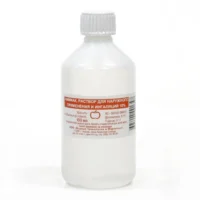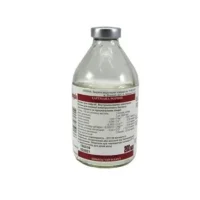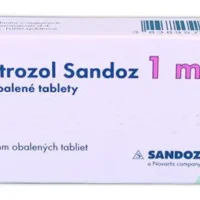Description
Nexium (Esomeprazole) Coated Tablets 40 mg. №14
Ingredients
- Active ingredient: Esomeprazole 40 mg
- Other ingredients: Microcrystalline cellulose, crospovidone, anhydrous lactose, colloidal silicon dioxide, magnesium stearate, hypromellose, titanium dioxide, polyethylene glycol, and red ferric oxide
Dosage
Adults: The usual dose is 40 mg once daily for 4 weeks.
Indications
Nexium (Esomeprazole) 40 mg tablets are indicated for the treatment of gastroesophageal reflux disease (GERD), erosive esophagitis, and to reduce the risk of gastric ulcers associated with nonsteroidal anti-inflammatory drugs (NSAIDs).
Contraindications
Do not use Nexium if you are allergic to esomeprazole or similar medications. Consult a healthcare provider before use if you have liver disease or are pregnant.
Directions
Take Nexium (Esomeprazole) tablets orally with or without food as directed by your healthcare provider. Swallow the tablets whole; do not crush or chew them.
Scientific Evidence
Esomeprazole, the active ingredient in Nexium, is a proton pump inhibitor that works by reducing the production of stomach acid. Studies have shown that esomeprazole is effective in treating GERD and preventing gastric ulcers. According to a study published in the American Journal of Gastroenterology, esomeprazole demonstrated superior healing rates compared to other proton pump inhibitors.
Additional Information
- It is important to follow the prescribed dosage and duration of treatment with Nexium to achieve optimal results.
- Inform your healthcare provider about any other medications you are taking to avoid potential drug interactions.
- If you experience severe or persistent side effects while taking Nexium, seek medical attention immediately.
Esomeprazole, the active ingredient in Nexium, inhibits the final step of gastric acid secretion by irreversibly binding to the hydrogen-potassium adenosine triphosphatase pump in the gastric parietal cells. This action results in a significant reduction in acid production, providing relief from acid-related conditions.
Clinical trials have demonstrated the efficacy of Nexium in treating various acid-related disorders, including GERD and peptic ulcers. A meta-analysis published in the Journal of Clinical Gastroenterology concluded that esomeprazole is more effective than other proton pump inhibitors in achieving complete remission of erosive esophagitis.

